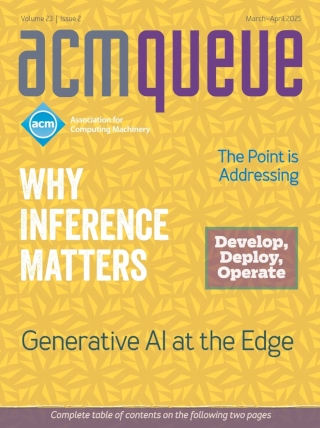
Code Abuse:
One programmer’s extension is another programmer’s abuse.
During some recent downtime at work, I’ve been cleaning up a set of libraries, removing dead code, updating documentation blocks, and fixing minor bugs that have been annoying but not critical. This bit of code spelunking has revealed how some of the libraries have been not only used, but also abused. The fact that everyone and their sister use the timing library for just about any event they can think of isn’t so bad, as it is a library that’s meant to call out to code periodically (although some of the events seem as if they don’t need to be events at all). It was when I realized that some programmers were using our socket classes to store strings -- just because the classes happen to have a bit of variable storage attached, and some of them are globally visible throughout the system -- that I nearly lost my lunch. We do have string classes that could easily be used, but instead these programmers just abused whatever was at hand. Why?
Thinking Methodically about Performance:
The USE method addresses shortcomings in other commonly used methodologies.
Performance issues can be complex and mysterious, providing little or no clue to their origin. In the absence of a starting point, performance issues are often analyzed randomly: guessing where the problem may be and then changing things until it goes away. While this can deliver results it can also be time-consuming, disruptive, and may ultimately overlook certain issues. This article describes system-performance issues and the methodologies in use today for analyzing them, and it proposes a new methodology for approaching and solving a class of issues.
Rethinking Passwords:
Our authentication system is lacking. Is improvement possible?
There is an authentication plague upon the land. We have to claim and assert our identity repeatedly to a host of authentication trolls, each jealously guarding an Internet service of some sort. Each troll has specific rules for passwords, and the rules vary widely and incomprehensibly.



